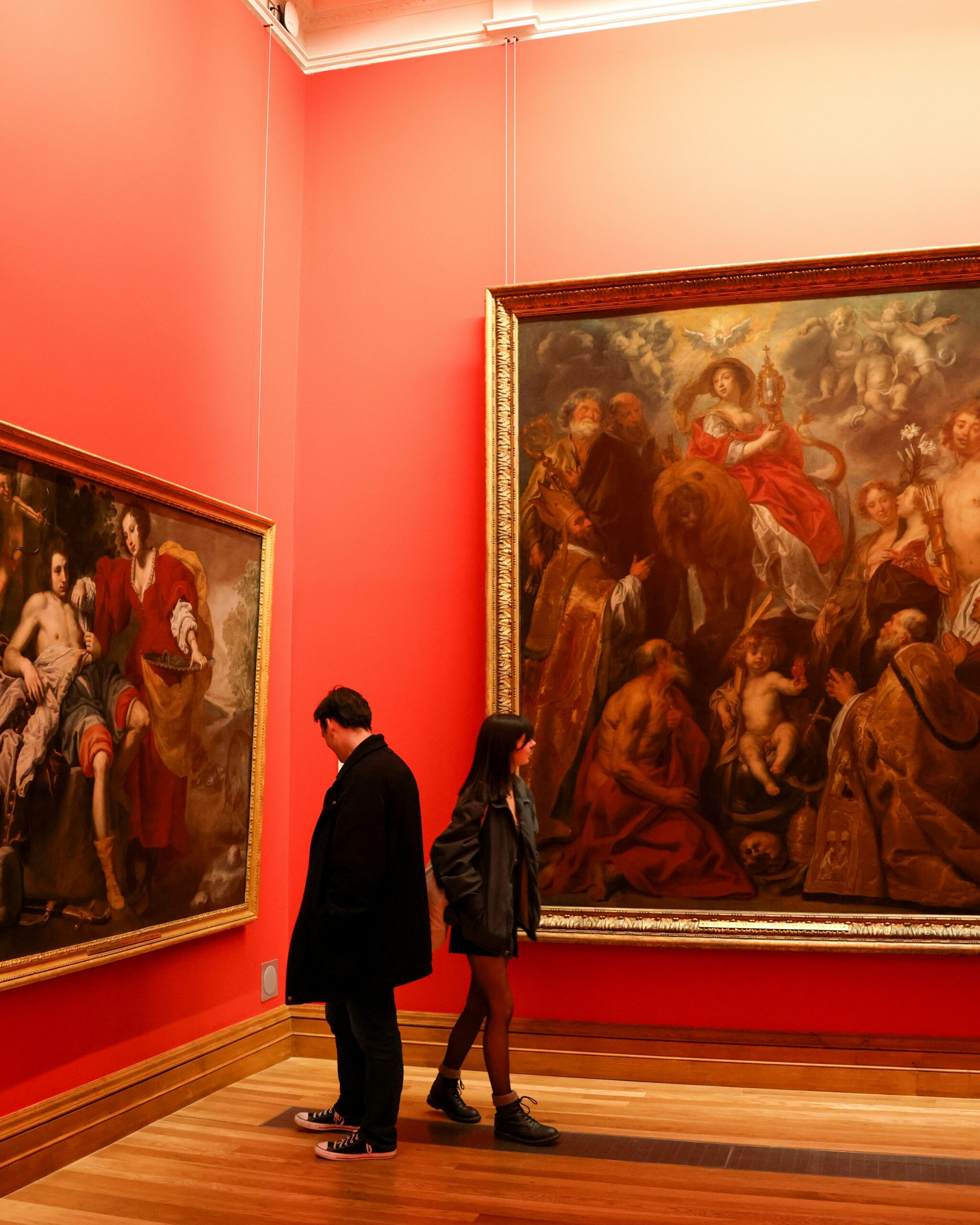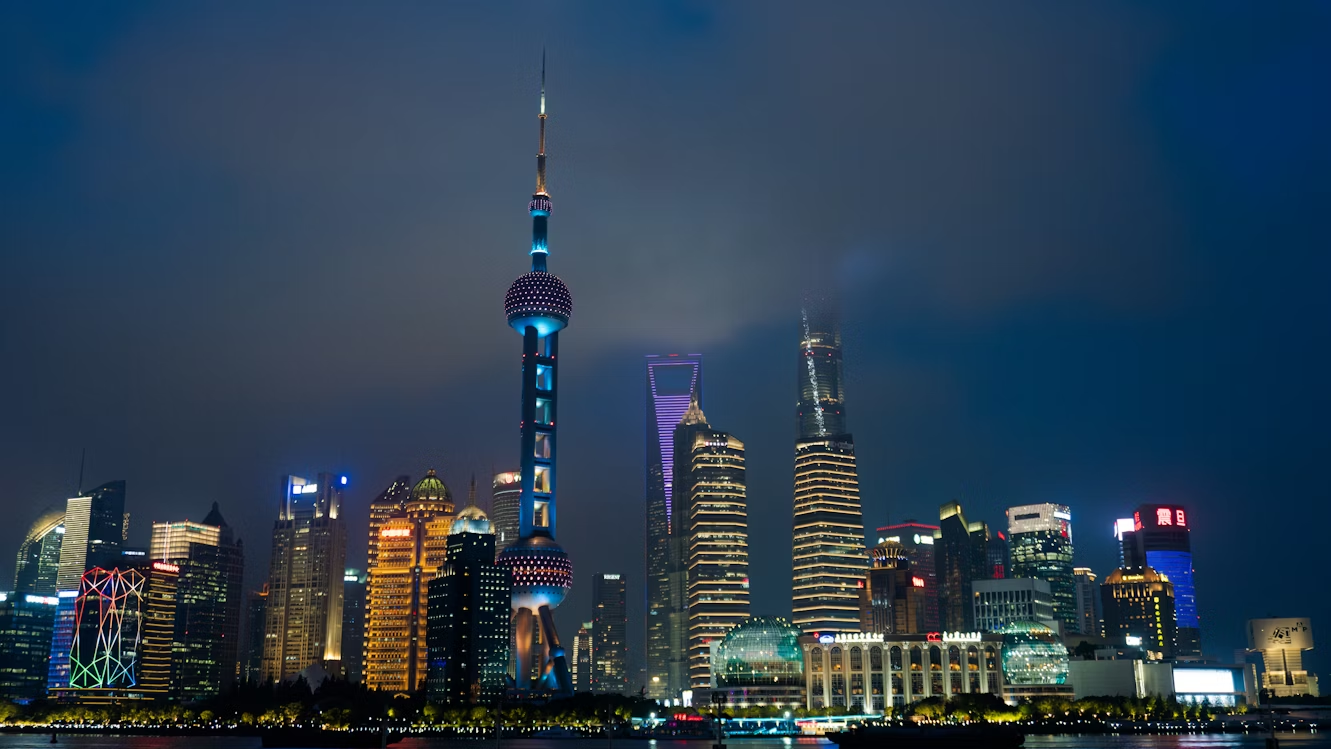Image credit: Unsplash
In times of great political and socioeconomic strife, art is often a lifeline for many people. Whether it be painting, music, movies, theater, sculpture, or any other viable creative medium, people turn to these means of expression to find comfort, solace, and commonality when the going gets tough. The creators of the art are living in the same world as the audience that eventually experiences it, creating a cycle of sorts. The artist encounters their own unique frustrations with the complex world surrounding them, funnels that experience into the expressionistic qualities of the art they are creating, and then the audience gets to experience the art speaking directly to them.
This is why, historically, times of great conflict have generated some of the most influential and generation-defining works of art, especially when it comes to music. A song has a much faster turn-around time than most other artistic mediums. A film can take months or even years to complete in its entirety, but a song can be completed in a matter of days if necessary. In this way, music truly has become the artistic avenue that most genuinely and immediately reflects the world in which its artists live, especially in 2024, where platforms such as YouTube and TikTok have afforded even greater urgency to new releases.
However, there are times when political turmoil does more than inspire music but rather tears into the fabric of the industry itself. Such is the case with Bill Ackman and Universal Music Group’s recent involvement in Amsterdam.
Universal Music Group vs. Bill Ackman
Billionaire Bill Ackman announced in a social media post on Friday that he intends to terminate the Amsterdam listings of Pershing Square Holdings and Universal Music Group. He claimed a “contractual right” to move UMG’s listing to the United States, citing recent attacks on Israeli soccer fans in the city.
UMG has been listed on the Euronext Amsterdam exchange since it went public in 2021; Pershing Square owns 10.25% of UMG’s stock.
“I am going to seek approval from the board of Pershing Square Holdings—in which I and my family own 23% of the shares—to eliminate its listing on the Euronext Amsterdam exchange,” he wrote, saying that the board had been considering such a move and that “events in Amsterdam during the last 24 hours provide an appropriate tipping point for this conclusion.
“Pershing Square has a contractual right to cause UMG to be listed in the U.S.,” he continued. “We will exercise this right and achieve a U.S. listing for UMG no later than some time next year.”
Public Back and Forth
In a response on Saturday, a UMG rep began by noting that “Neither UMG nor any of its other board members were involved in the formulation of the views” in Ackman’s post, then continued: “As disclosed in UMG’s listing prospectus, Pershing has the right to request a listing in the U.S. subject to a Pershing entity selling at least $500 million in UMG shares as part of the listing. Pershing has no right to require UMG to become a US-domiciled company or delist from Euronext Amsterdam.
“While the company will endeavor in good faith to comply with its contractual obligations with respect to undertaking the process of a U.S. listing at the request of Pershing, any actions or decisions beyond those necessary to comply (including any decisions to change the domicile of the company) will be based on an analysis taking into account what is value maximizing and in the best interests of all the shareholders of the company.”
Ackman said that moving UMG’s domicile, which is publicly traded from Amsterdam to the U.S., will have “highly material benefits” and that “leaving a jurisdiction that fails to protect its tourists and minority populations combine both good business and moral principles.”
As turmoil grows increasingly heated and complex around the world, with multiple wars being waged across different soils, the music released by artists will undoubtedly reflect this. But when such strife interferes with the creation, marketing, and release of said music in the first place, it becomes detrimental to the artists and the audiences themselves.





























































































































































































































































































